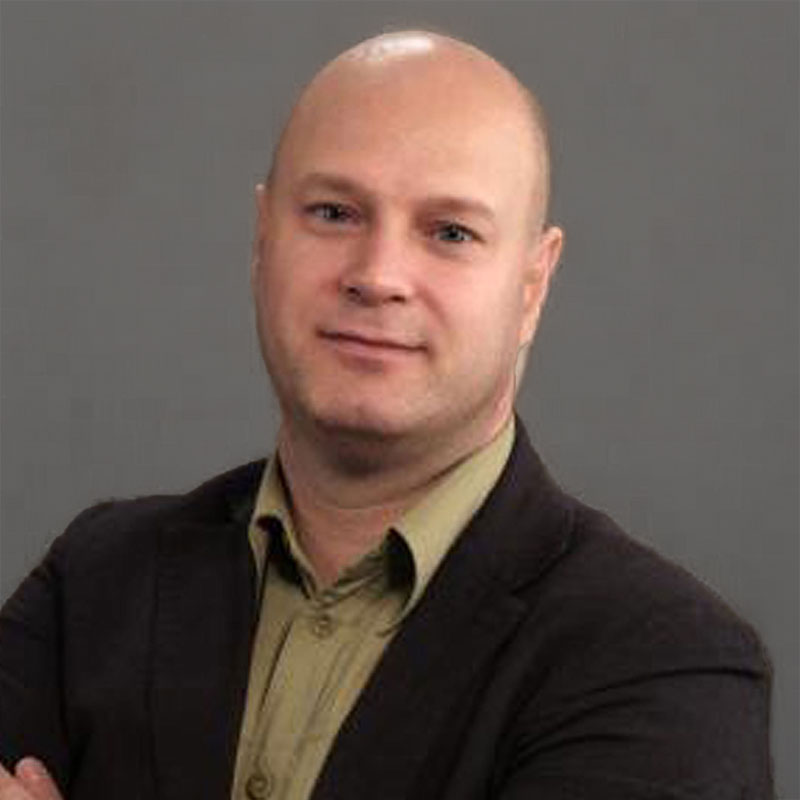Damijan Štefanc, PhD, is Associate Professor of Didactics and Curriculum Theories at the Faculty of Arts, University of Ljubljana. His professional and research interests include knowledge assessment, curriculum planning in general education, the null curriculum and the impact of modern technologies on institutional education.
TALK

